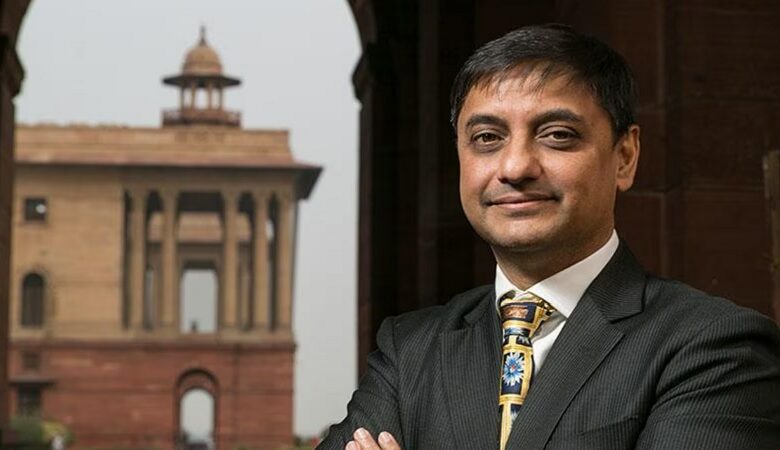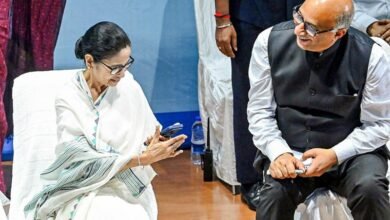
News Mania Desk / Agnibeena Ghosh/15th May 2024
Renowned economist Sanjeev Sanyal has shifted his focus from bureaucratic reforms to advocating for a modernization of India’s judiciary, highlighting it as potentially the most significant impediment to the nation’s economic, social, and national advancement. In a podcast interview on Prachayam, Sanyal expressed concerns about archaic practices within the judicial system, particularly emphasizing the need to overhaul the outdated ‘tareekh pe tareekh’ (date after date) approach that persists from colonial times.
Sanyal’s critique extends to the scheduling of court holidays, questioning the efficacy of extended breaks such as the summer vacation and Dussehra recess observed by the High Courts and the Supreme Court. He advocates for a shift towards a more modern and efficient operational framework, suggesting that while government support may be forthcoming, the onus lies on the judiciary to initiate necessary reforms independently.
Drawing attention to the collegium system, which governs the appointment and transfer of judges in higher courts, Sanyal asserts the need for substantial improvements. He criticizes the current system’s lack of transparency and potential for perpetuating favoritism among judges, advocating for a merit-based approach to appointments. Drawing parallels with his own role as an advisor to Prime Minister Narendra Modi’s Economic Advisory Council, Sanyal underscores the importance of meritocracy in judicial appointments to ensure integrity and competence within the judiciary.
Sanyal’s call for a modernized judiciary extends beyond procedural reforms to encompass broader societal attitudes towards the legal system. He questions the antiquated practice of addressing judges as ‘milord’ or ‘your lordship,’ advocating for a more egalitarian and inclusive courtroom environment. Emphasizing the need for societal introspection and debate, Sanyal stresses that a modernized judiciary is essential for fostering public trust and advancing national progress.
While Sanyal’s advocacy for judicial modernization resonates with many, the collegium system, which he criticizes, has faced staunch defenders. Chief Justice of India DY Chandrachud, speaking at the India Today Conclave 2023, defended the collegium system, citing the need for discretion in safeguarding candidates’ privacy. Chandrachud’s remarks highlight the ongoing debate surrounding judicial appointments and the delicate balance between transparency and privacy within the selection process.
Despite differing perspectives on the collegium system, there is widespread acknowledgment of the need for reforms within India’s judiciary. Transparency, meritocracy, and efficiency are among the key principles advocated by reformists like Sanyal, who view modernization as imperative for enhancing public trust and ensuring the judiciary’s effectiveness in safeguarding justice and upholding the rule of law.
Moving forward, the discourse on judicial reform must extend beyond procedural intricacies to address broader structural and cultural challenges. A collaborative effort involving stakeholders from government, legal academia, civil society, and the judiciary itself is essential for realizing the vision of a modern, responsive, and equitable judicial system that aligns with the aspirations of India’s democratic ethos.






